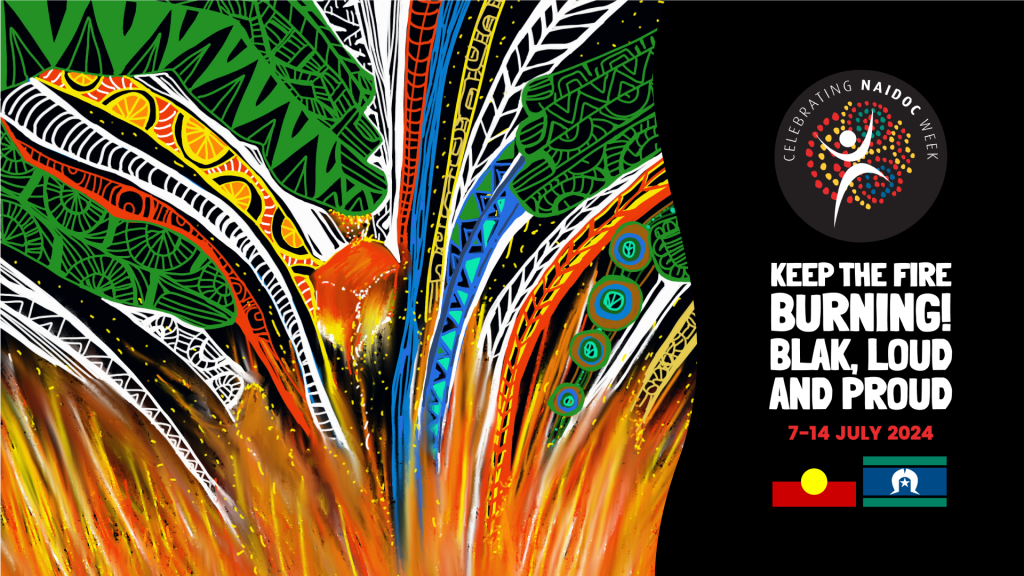
NAIDOC Week 2024: KEEP THE FIRE BURNING! BLAK, LOUD AND PROUD, is a celebration of the strength and vitality of Australia’s First Nations People and an opportunity to honour the ancient spirituality and culture embedded in the heart of this nation for over 65,000 years.
Aboriginal and Torres Strait Islander People have experienced and graciously shared with us sacred creation stories, songlines and profound wisdom that reveal an ancient spirit of God. God who is near us, above us, below us, in us, and with us always.
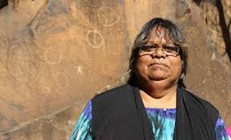
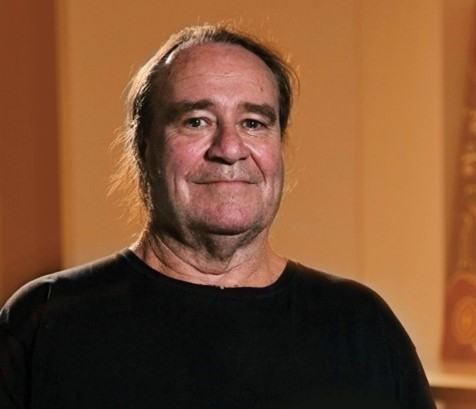
… one thing that I’ve learnt over the last 66 years is that being consistent, honest, fair and real is so important to life… treat every thing and every one the same … in every thing we do help others and… life becomes a lot simpler… with great direction hold the things you have a passion for close… nobody is bigger than another.
I invited Aboriginal People to share what it means to them to be Blak, Loud and Proud and here are their responses:
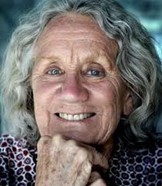

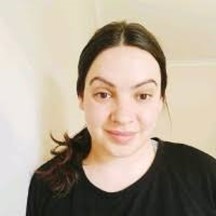
As a proud Ngarrindjeri woman this year’s theme, ‘Keep the Fire Burning, Blak Loud and Proud,’ resonates deeply with me. It symbolises a collective journey of unity and pride. Keep the Fire Burning, Blak Loud and Proud is more than just a theme; it our movement, a way of life. It inspires us to embrace our heritage with pride and I believe now more than ever it’s time to share it with the world.
Being ‘Blak Loud and Proud’ is about embracing and celebrating our Aboriginal identity openly and confidently. It’s about taking pride in who we are and where we come from. It’s a powerful statement against the erasure and marginalisation that our people have faced for centuries. By standing loud and proud, we assert our presence, our rights, and our contributions to the broader Australian society. By coming together for this collective celebration, it fosters a sense of belonging and mutual respect, we can create a more inclusive and harmonious society by enriching the cultural fabric of our nation.
We know all creation reveals God and every person on Earth holds a spark of divine life to those who have open hearts, eyes to see and ears to hear. From this perspective we can create a nation where Australia’s First Nations People’s voices are heard and cherished. During NAIDOC Week 2024, let’s listen to the inspirational and gracious voices of Blak, Loud and Proud Aboriginal People. This is an invitation to eliminate racism by lighting fires of compassion, kindness, justice and equality and creating a beloved community where everyone flourishes.
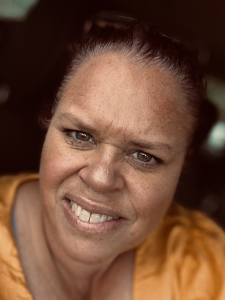
Cassandra Gibbs a Gamilaraay and Yuwalaraay yinaar (woman) and Sisters of Saint Joseph Reconciliation Action Plan (RAP) Facilitator, has suggested the activities below for NAIDOC Week 2024:
- Listen to Indigenous musicians or watch a movie about Aboriginal and Torres Strait Islander history.
- Study a famous Indigenous Australian.
- Research the Traditional Owners of your area.
- Run an art competition for your school or community.
- Display the National NAIDOC Poster or other Indigenous posters around your classroom or workplace.
- Start your own hall of fame featuring Indigenous role models around your home, classroom or workplace.
- Learn the meanings of local or national Aboriginal and Torres Strait Islander place names and words.
- Invite local Indigenous Elders to speak or give a Welcome to Country at your school or workplace.
- Invite Aboriginal or Torres Strait Islander dancers to perform at your school or workplace.
- Hold a flag raising ceremony at your school or workplace.
- Visit local Indigenous sites of significance or interest.
- Attend an Indigenous arts and crafts workshop.
- Host a community BBQ or luncheon.
- Organise a smoking ceremony.
- Read stories of Dreaming.
- Read the poetry and literature of Aboriginal and Torres Straits Islander Peoples.
- Organise a trip or excursion to one of the many sites of significance and history to Aboriginal and Torres Straits Islander Peoples that allow visitors.
- Invite an Aboriginal and Torres Straits Islander Elder into your classroom to speak to your students about their culture.
- There are also many programs broadcast on TV before and during NAIDOC Week, sharing some of these with your students or inviting them to watch them at home with their families can be a great source of information.
Kenise Neill rsj
* Image and words displayed with permission.
